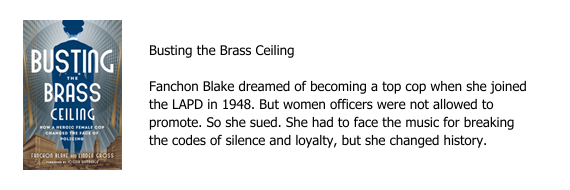Over the last month, I’ve listened to two audiobooks—Tom Lake by Ann Patchett and Bowlaway by Elizabeth McCracken—which have been in my queue for months and months. For whatever reason, neither had grabbed me when I initially started them. This time around, I’ve found the stories as compelling as the prose. Indeed, the writing is so startlingly gorgeous in both, that I find myself thinking those famous words so many of us repeat to ourselves: “Who am I kidding? I could never write like that.”
That may be true. Thankfully, I also realize I don’t have to write like that.
The beautiful thing about books is that there are as many author voices as there are authors. Hemingway’s spare, direct prose is the antithesis of the striking, richly evocative language and imagery in these two novels that recently captivated me. Hemingway would never have written McCracken’s words, “They had become alike; two men drowning in privacy.” He wouldn’t have written: “She didn’t know who she was. Her soul was a goldfish, a little thing inside the bowl of her body.”
But that fact doesn’t make either of these two completely contrasting author voices any less memorable.
The only mistake an author can make is to strip their writing of any personality so that it sounds stilted and generic or try to imitate someone else’s writing. The secret is to embrace the writing that genuinely reflects you and then power it up so your words become as effective as possible.
As I wrote in a 2021 post called “Finding Your Writer’s Voice,” even though most new authors worry about whether their writing sounds professional, “the real challenge for each writer, whether they’re writing fiction or nonfiction, is to find their writer’s voice. That voice will instruct everything from word choice to sentence structure, setting a mood, establishing a personality, exuding authority, and informing the readers’ experience. That voice is what sets the author apart.”
So, the next time you start questioning whether your writing sounds good enough, I would urge you to turn that around. Instead, ask yourself whether your writing sounds like you. Yes, you’ll want to revise your prose and bring it up a notch or ten after the first draft. But author voices need to reflect the author. So, your writing has to start there.




















0 Comments